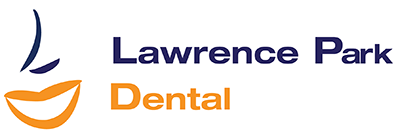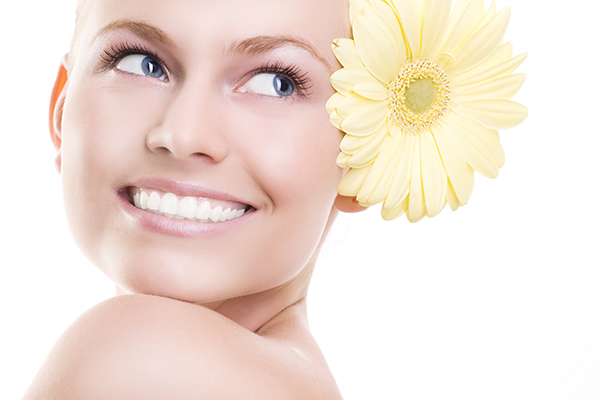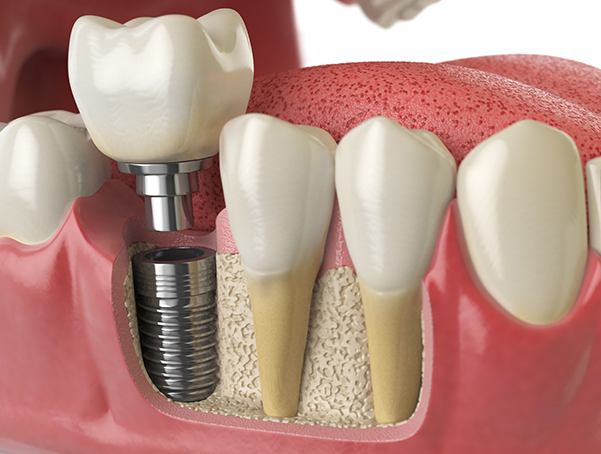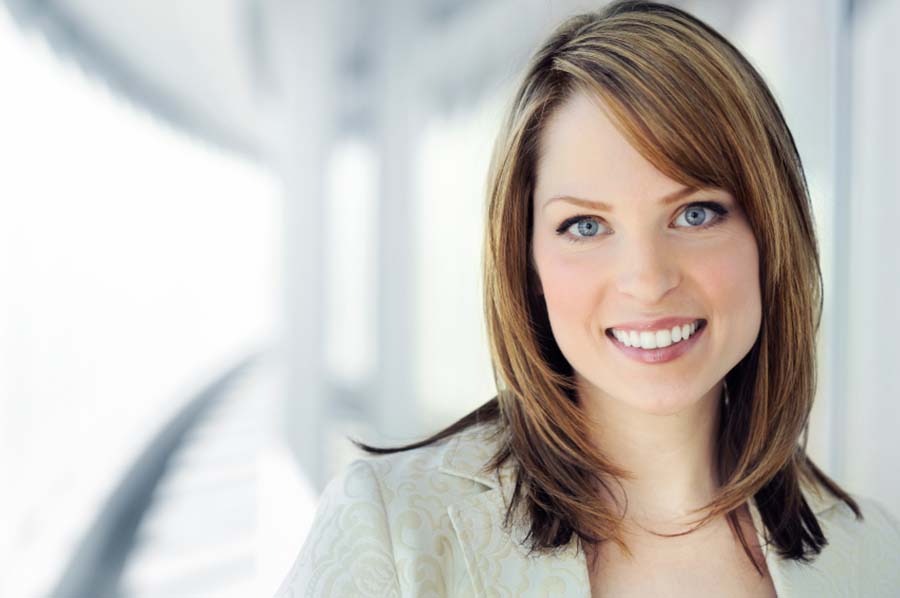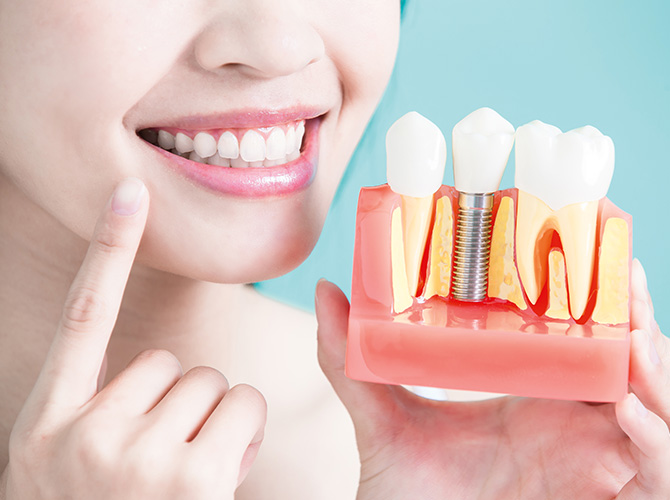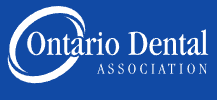Babies Are Cute, But That Doesn’t Protect Them from Tooth Decay
Healthy Baby Teeth Contribute to Healthy Adult Teeth
The truth of the matter is that the health of your child’s permanent teeth is directly tied to the health of their baby teeth. Their permanent teeth are present in the jawbone from the earliest of days. Any decay or bacteria that live on your child’s baby teeth can be transferred through the gums and root systems to the waiting adult teeth, causing damage before they even erupt.
Moreover, baby teeth hold space in the jaw for the eventual permanent teeth; so, if a baby tooth is lost too early, the permanent tooth can drift into the empty space making it difficult for other adult teeth to find room when they come in. The early stages are really a critical time in your child’s overall dental development and healthy baby teeth.
It all starts when that first tooth erupts through the gums. In fact, we say that it is never too early to start developing good dental and gum cleaning habits. If you don’t treat baby teeth properly, you could forever change the course of their permanent teeth.
What Leads to Tooth Decay in Babies
There are some commonly known practices that contribute to tooth decay in babies, and awareness helps you avoid harmful habits.
Extended Bottle Use: Tooth decay is sometimes referred to as baby bottle decay because of the role bottles play in mouth health. Some babies use their bottle to self-soothe at bedtime, and while that gives parents a bit of peace, the bacteria living in their mouth changes the natural or added sugars in the drink to acid, which is then deposited on the tooth and gum surfaces for an extended period of time, causing decay.
The Solution: Most importantly is to limit the sweet drinks and foods given to your child. Next, get your baby drinking out of a regular cup as soon as possible… this is harder to take to bed. Or, if your child will have a cup or bottle for any long duration of time, fill it with water and avoid sugars altogether.
Sharing Saliva: We’ve all done it… one bite for baby, one bite for daddy. Or, we’ve all cleaned off the baby pacifier with our own mouth. The problem isn’t that dad is eating all the food, the problem is that the saliva left over on the spoon or pacifier transfers bacteria from parent to baby.
The Solution: We aren’t even going to suggest you stop… it is inevitable that you’ll share a spoon in the future. However, we do suggest ensuring that your dental health is a priority and that you clean baby’s teeth and gums regularly from day one. Gums can be cleaned with a soft wet washcloth, while teeth can be cleaned using a baby sized toothbrush and the smallest amount of baby toothpaste.
What Tooth Decay Looks Like
Tooth decay might first appear as white spots at the gum line on the upper front teeth. Or, your baby might fuss when eating or drinking. Tooth decay is hard to be seen with the naked eye, so regular examinations by your dentist are key to treat and stop the decay from spreading.
With all that we’ve shared, is there any doubt why we recommend bringing your child for their first visit when their first teeth are erupting or by age one, whichever comes first. Early visits with a family dentist not only allow your child to get comfortable with the environment and their dental team, but will allow that team time to assess and identify any issues before they take root.
Healthy Baby Teeth
If you have any other questions about family dental care at every stage, we invite you to talk with our North York dental team today. Your oral health matters to us and we strive to ensure our patients create healthy and lifelong habits. We invite you to visit us in office at Lawrence Park Dental, or call us at 416.488.7454 to speak with our team of experts at any time. We’d love to help you address your dental questions and concerns. It’s our job to keep you, and your baby smiling, and we love it!
